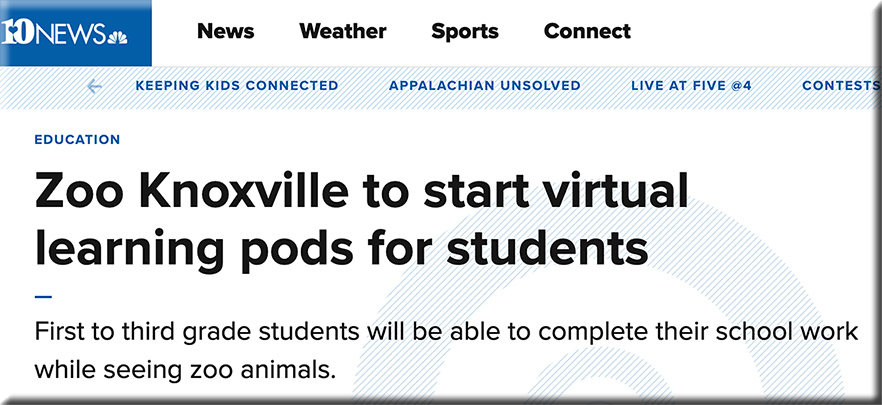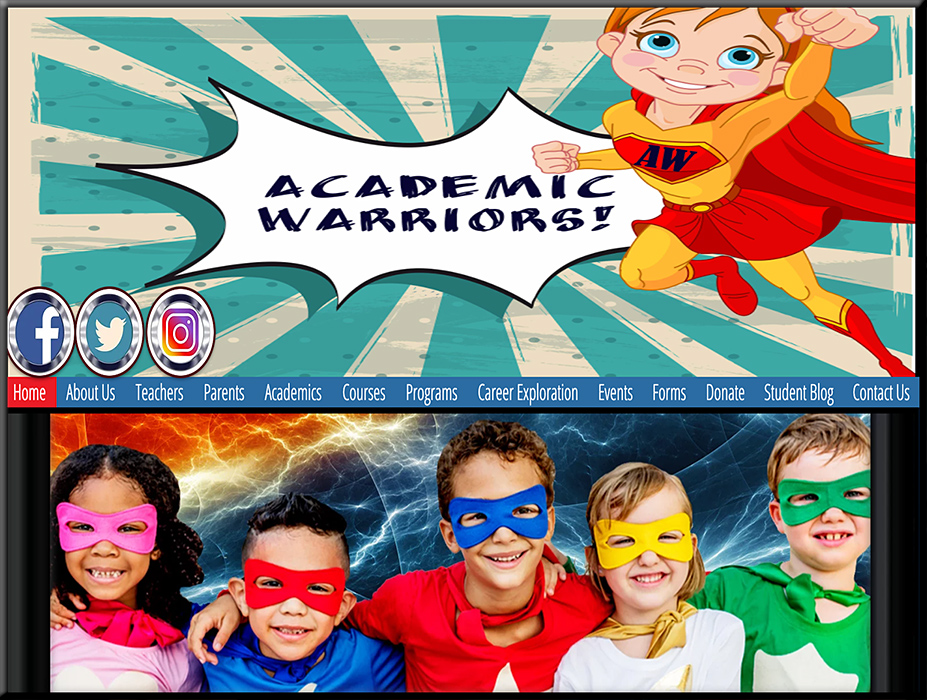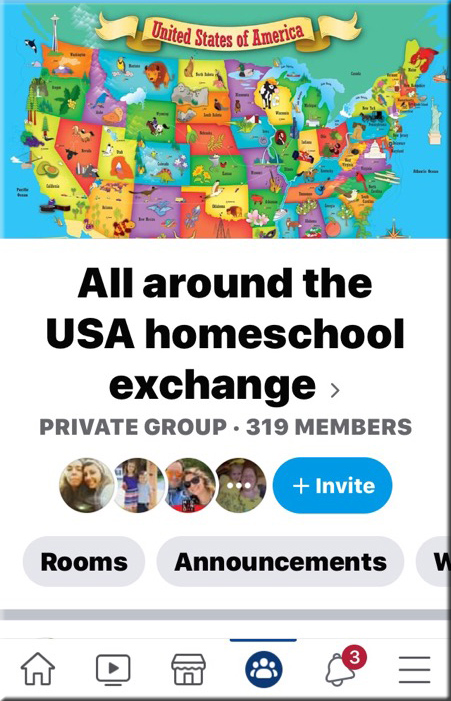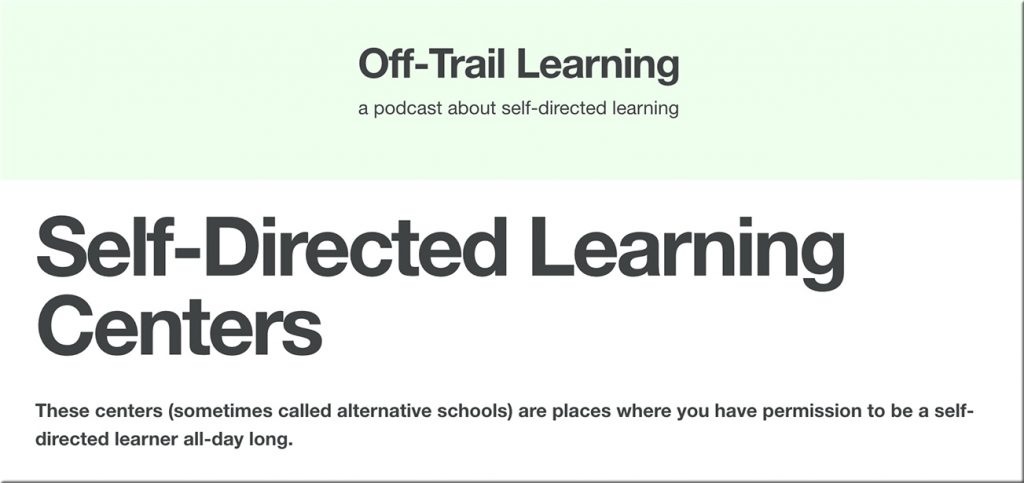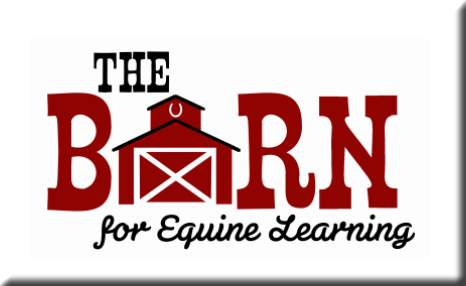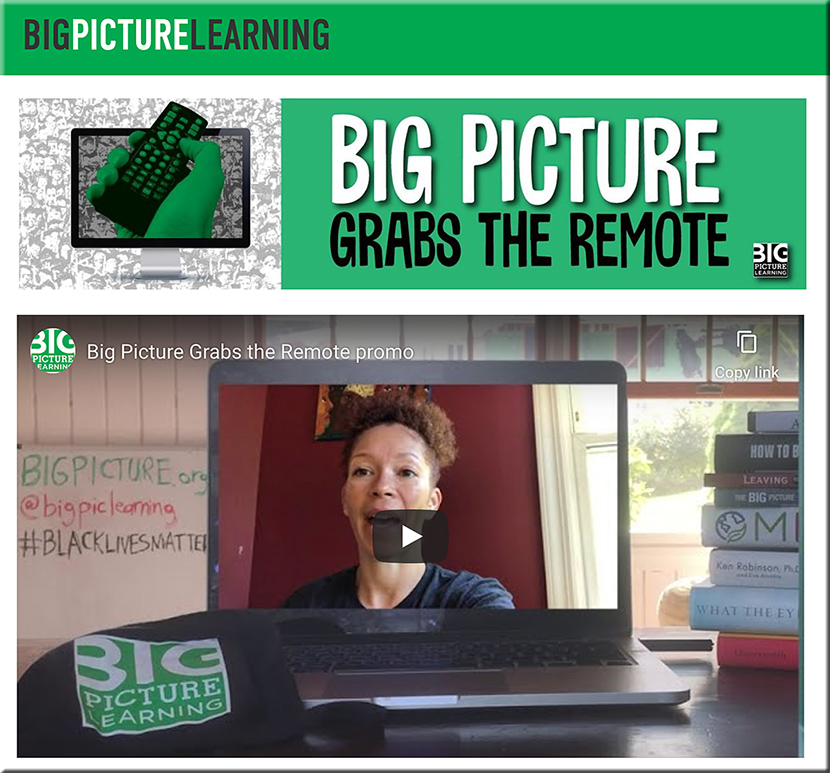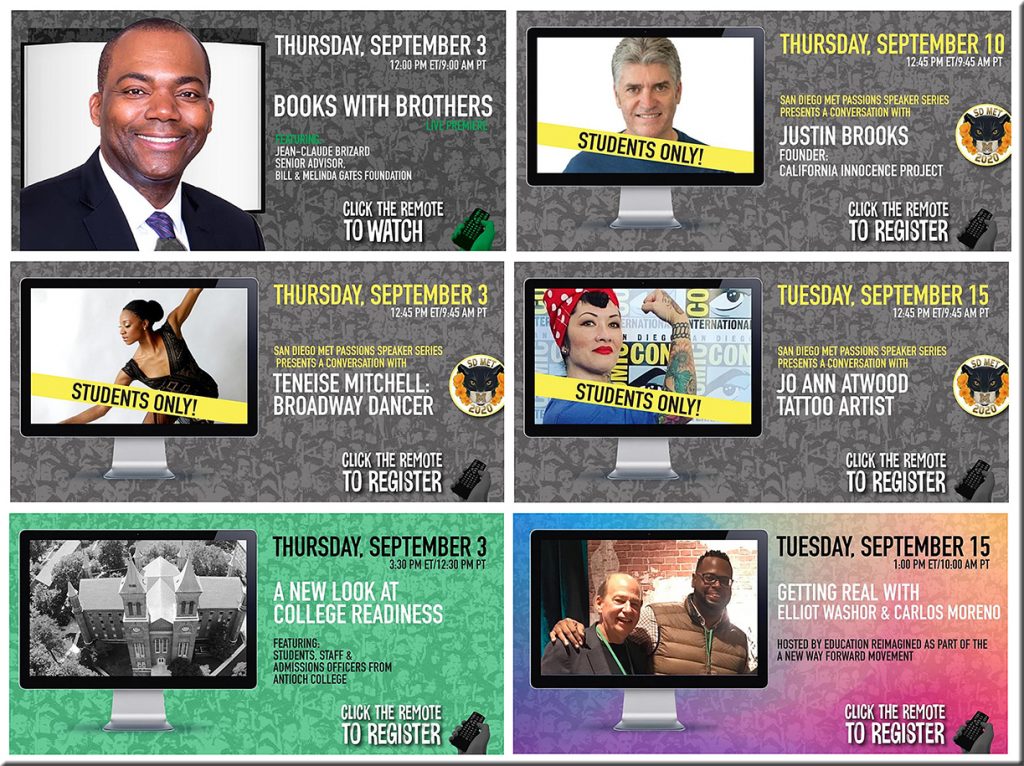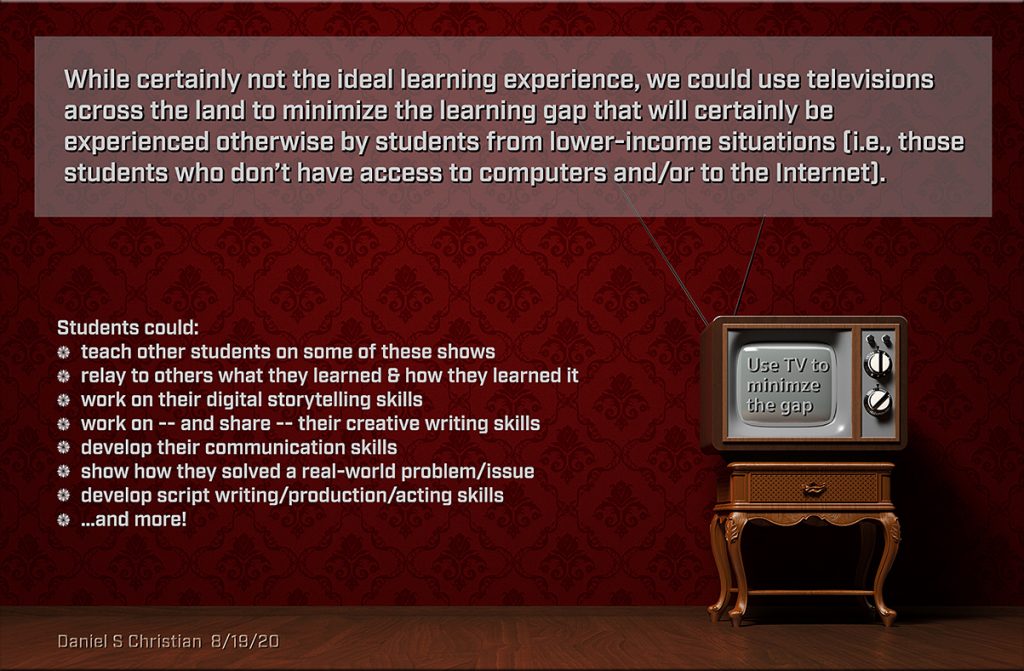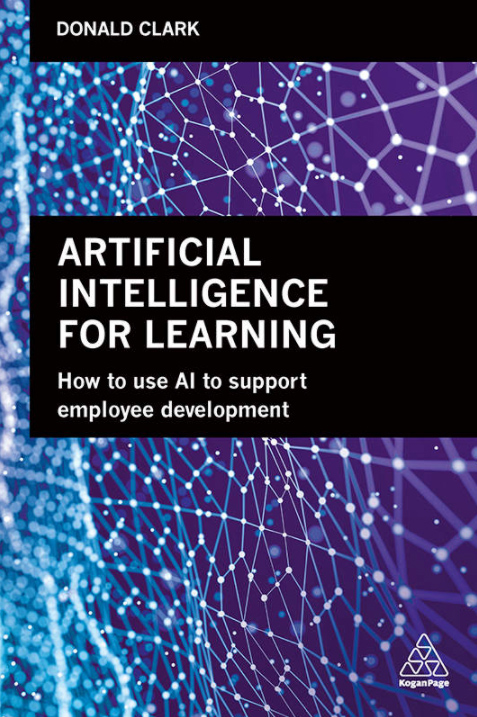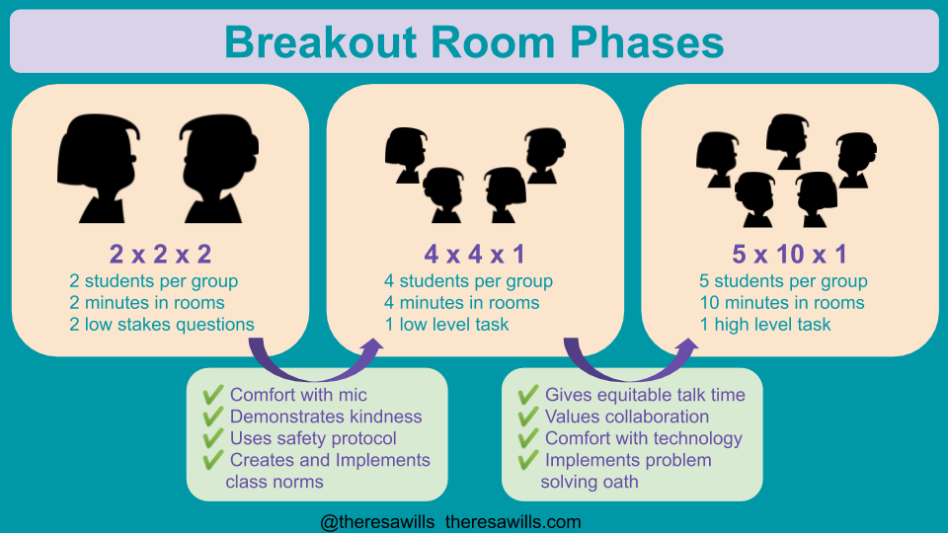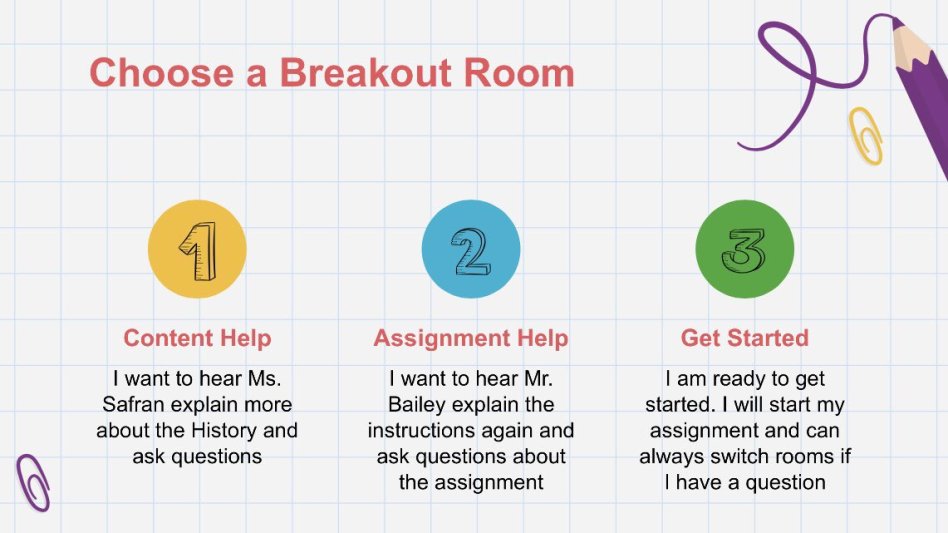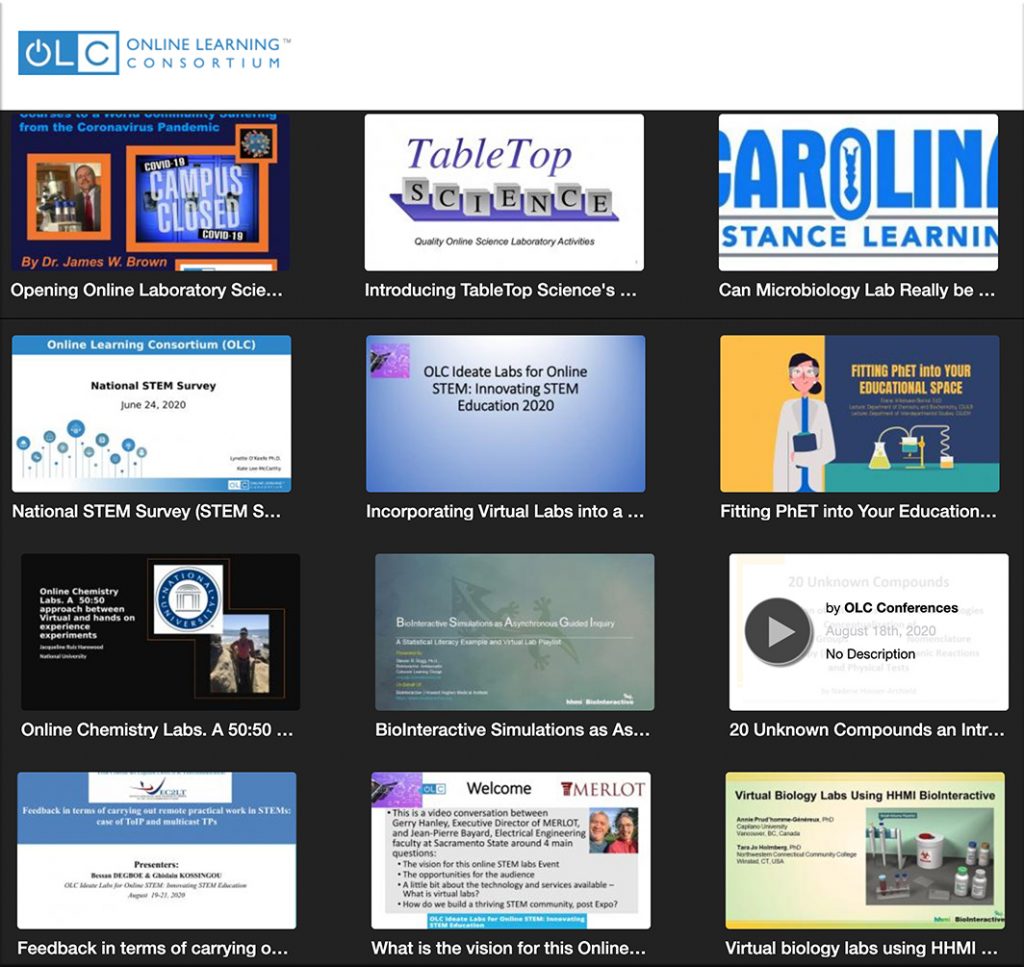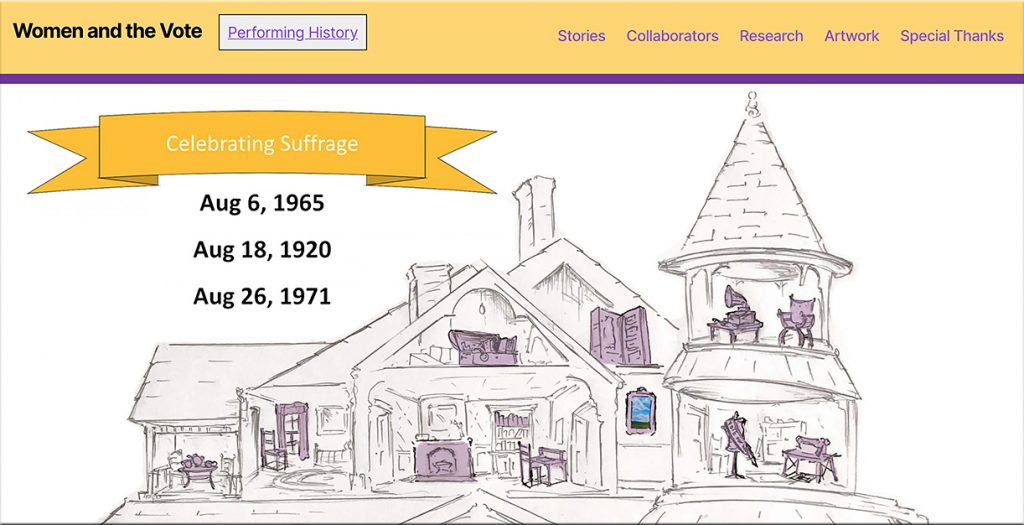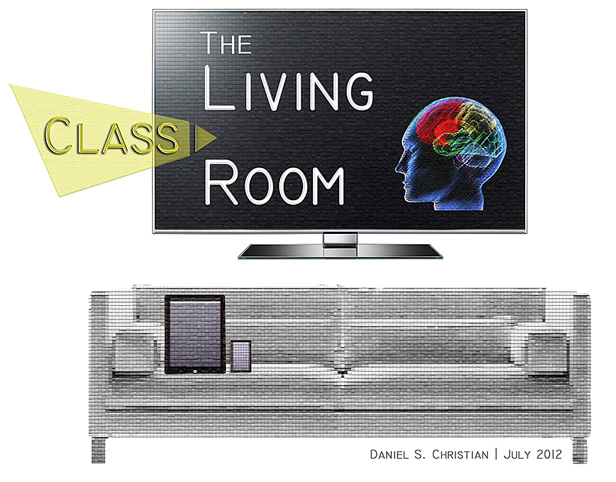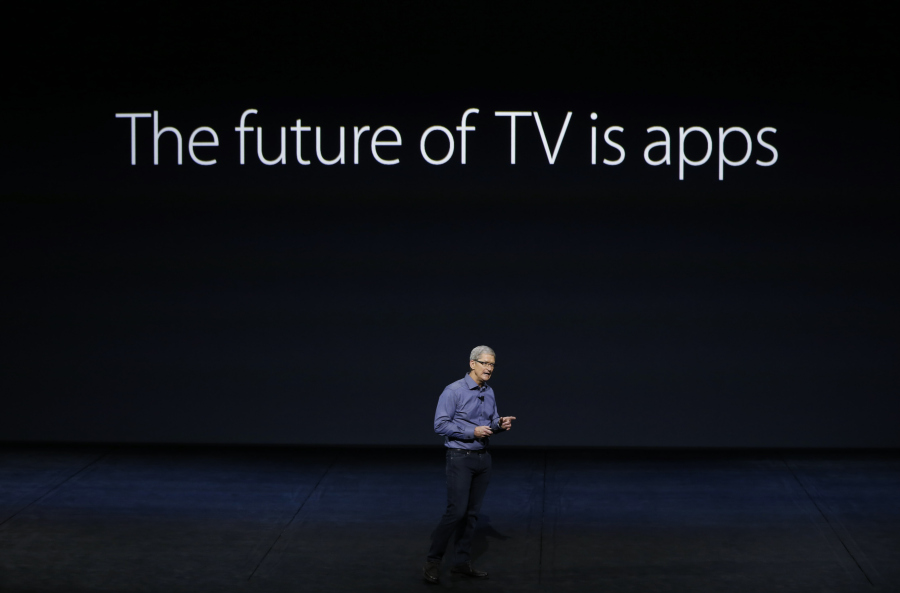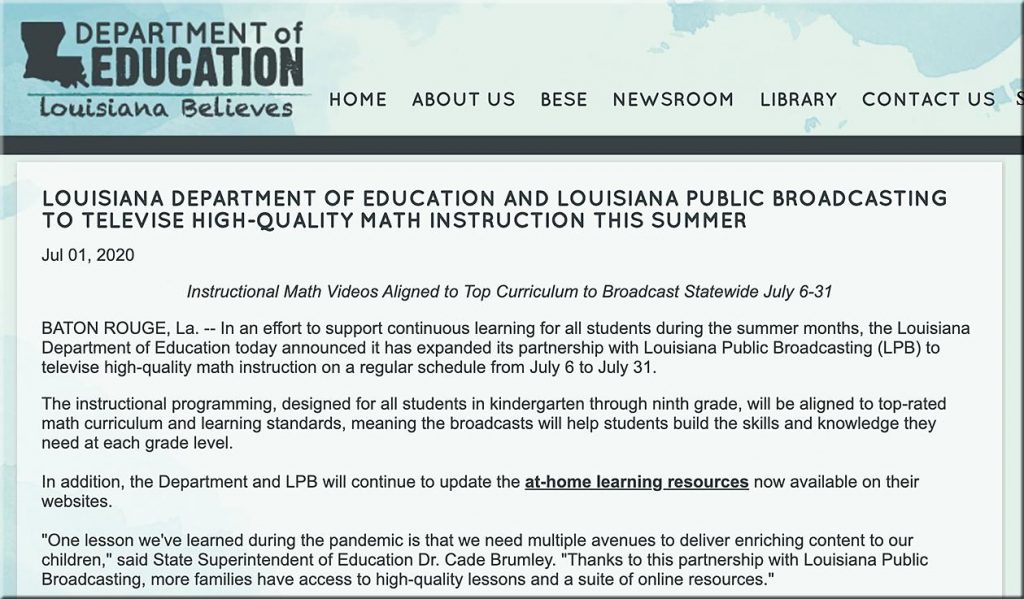From DSC:
Below are but some of the changes to the learning ecosystems out there. Certainly, more are coming.
Ex-Google employees form virtual tech ‘school’ for gap year students amid college closures — from cnbc.com by Jennifer Elias
- Current and former Google employees are forming an online program aimed at preparing students for the workforce if they’re taking time off school due to the coronavirus pandemic.
- It comes as many college students defer school as universities shift learning models to mostly online amid the Covid-19 pandemic.
- Google execs past and present have volunteered to mentor college students on topics ranging from career trajectory to how to stand out in virtual Zoom interviews.
Along these lines, see:
- Google has a plan to disrupt the college degree — from inc.com by Justin Bariso
Google’s new certificate program takes only six months to complete, and will be a fraction of the cost of college.
Excerpt:
Google recently made a huge announcement that could change the future of work and higher education: It’s launching a selection of professional courses that teach candidates how to perform in-demand jobs. These courses, which the company is calling Google Career Certificates, teach foundational skills that can help job-seekers immediately find employment. However, instead of taking years to finish like a traditional university degree, these courses are designed to be completed in about six months.
From DSC:
Also, to see some more changes to the learning ecosystems out there, set up a Google Alert (or something similar in Feedly or via another tool) for “Learning Pods,” “Pandemic Pods,” and/or the “growth of homeschooling.” Here’s but one recent example:
Life can be very hard for autistic, gifted and special needs learners. Autistic and gifted learners often times struggle in school because they learn very differently than their peers. These special learners need a personalized approach to their education that allows them to learn in their own way at their own pace.
Many times parents and students feel as if they are the only ones like them in the world. This can often times lead to isolation and frustration. It is important for all autistic, gifted and special needs to unite in order to support one another. We are named Academic Warriors because all our students are superheroes in a world that doesn’t always understand and/or appreciate them. We help our students to become strong, independent and positive learners despite what the world may think of them.
It is the mission of Academic Warriors to help create positive learning experiences and communities throughout the United States for autistic, gifted and special needs learners. We offer online courses, programs, private school and in person events that foster an unique learning environment that promotes unity among all our students and families. We strive to create online and in person learning communities in every state that will provide educational opportunities for all families of autistic, gifted and special needs students. Together we can create a better world for the autistic, gifted and special needs learner.
From DSC:
As part of a homeschooling-based situation, my wife received the following item for one of our daughters (who needs additional/personalized assistance to learn). Simultaneously, she and our daughter sent them a Michigan Exchange Box. Very cool.

I believe my wife found this out at the following group in Facebook:
Some channels out on Youtube that have to do with learning:
(and by the way, according to Jane Hart’s recent Top 200 Tools for Learning, YouTube is in the #1 spot for the 5th year in a row!)
“Horse Sense Tutoring Services is a unique resource that combines the power of Equine Assisted Learning with evidence-based reading and math strategies that engage the mind, body, and emotions in learning. We use the principles of discovery, experience, movement, reflection, and connection in partnership with our horse friends.
…
Based at The Barn for Equine Learning…my program offers targeted reading, math, and basic horsemanship tutoring for students in grades K – 8. Horses become teaching and learning partners as students experience academics and social-emotional learning in a whole new way.
If you are looking for a unique tutoring and confidence-building experience for your child, PM for more information. Sessions are held outdoors and/or in an open barn setting.
(Small group field trips with an introduction to basic horsemanship skills are also available).
From DSC:
So these are just a few examples of how the learning ecosystems are changing out there! Surely, there will be more changes coming down the pike.









